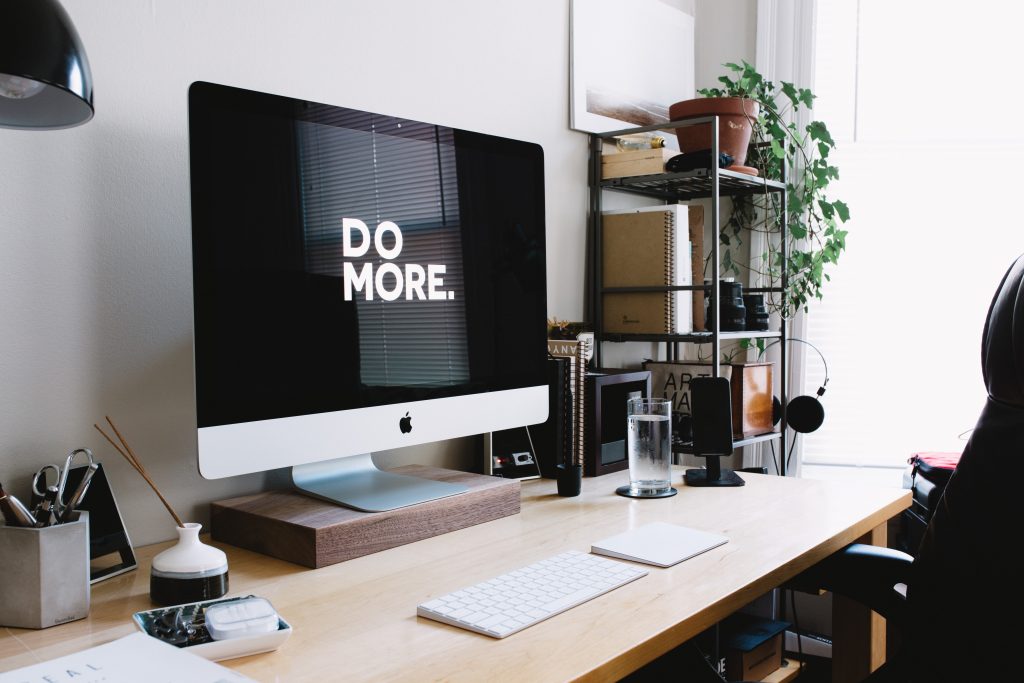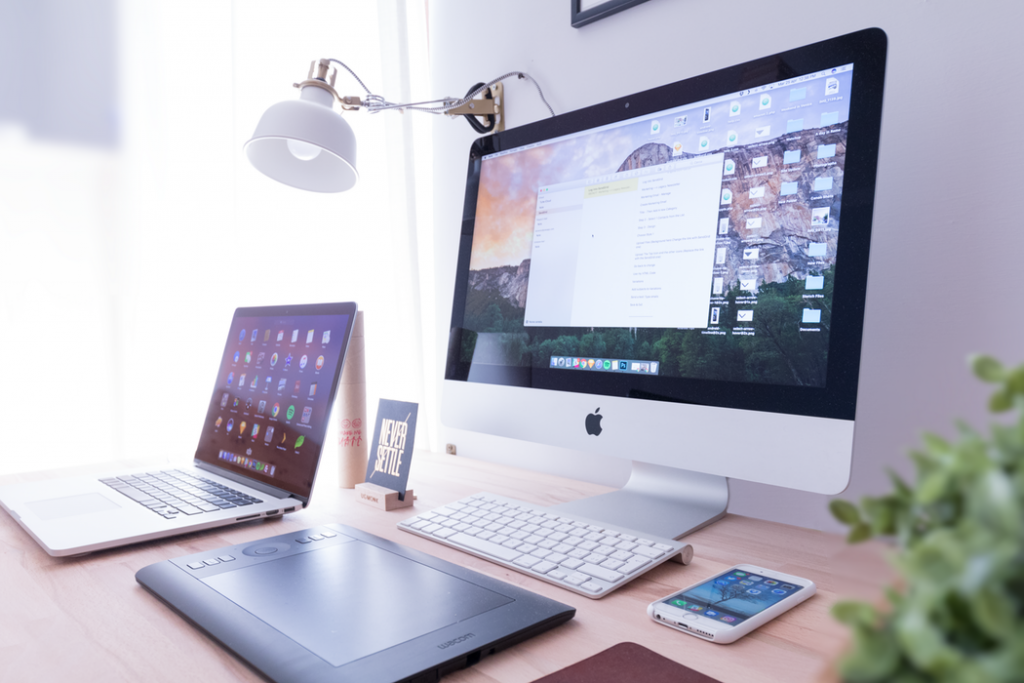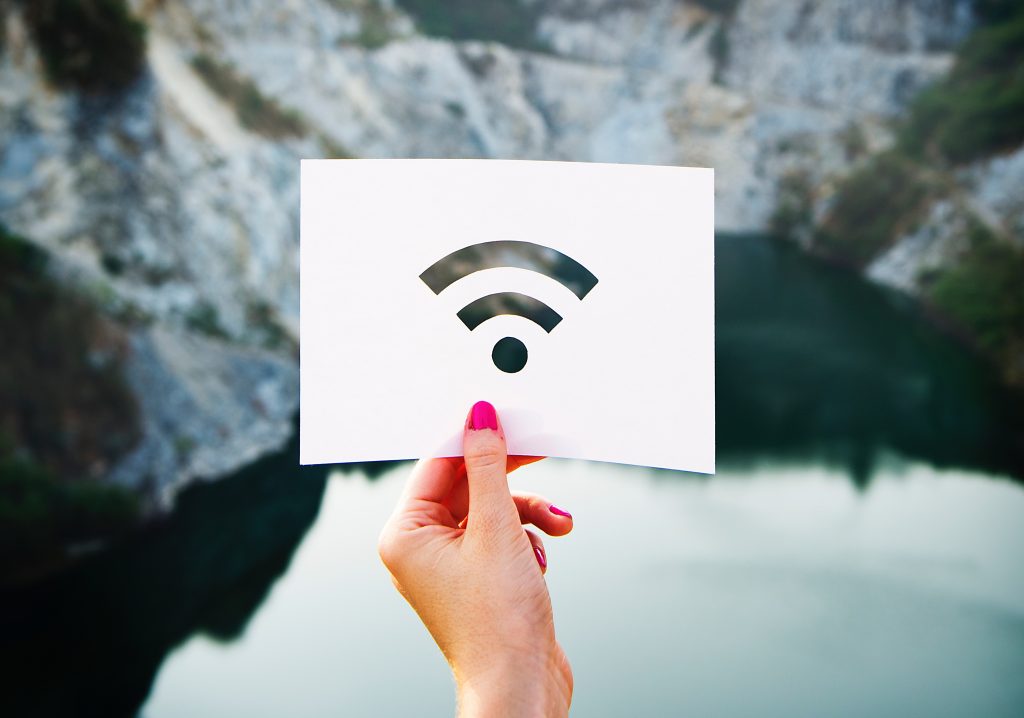The internet – what would we do without it? We rely on it everyday to entertain us, to speak to our friends, to make money, to work. The world as we know it would fall to its knees should global connectivity stutter, buffer and drop out.
Unfortunately, due to the lure of the web, many of us approach the internet with wreckless abandon, the consequences of the casual and careless manner in which we manage our online activities far less a priority than updating our Insta in real time. Indeed, many of us leave the metaphorical door wide open to identity theft and invasion of privacy. However, with just a few simple steps you can do more to be ahead, in control and safe. So, here are 5 IDEAL ways to protect your privacy online
INSTALL ANTIVIRUS & UPDATE YOUR SOFTWARE
We’re all guilty of deciding not to buy antivirus software, believing it’s just another way for big corporations like Microsoft to take our money. We also tend to ignore prompts for updating our software, asking our device to ‘remind us later’ time and time again. We’ve all done it. However ‘later’ can very quickly turn in to ‘too late’.
If you want to protect yourself from viruses, spyware, trojans, worms and all those other baddies out there, installing an antivirus program from a trusted company is a must. You needn’t shell out, though. In fact, free versions are generally fine and the experts at PCMag.com vouch for AVG and Ad-Aware. Also, bear in mind that the majority of hacks happen by attacking weaknesses in software. Most software has an automatic update function. If yours is disabled, enable it now to start reclaiming the upper hand in your online privacy.
HIDE YOUR IP ADDRESS
Each and every time you browse the internet, all your activities are logged by your internet service provider (ISP) who assign an IP address to the device you’re using. Your ISP is the ultimate ‘Big Brother’ – they know everything you do online – and we mean everything. The websites you visit, the files you download, the conversations you have with people on social media and the emails you send and receive. They can even identify who and where you are.
The answer? Hide your address from others. Using a VPN is the best way to do this, enabling you to hide your IP address by replacing your IP address with the VPN server’s IP address, protecting all your private and sensitive information
BE WISE ABOUT WIFI
We’ve built up a certain reliance on public wifi. And that’s not a good thing. Whether it’s from not wanting to use up the data on our phone or working from coffee shops, this seemingly innocuous choice can spell vast, negative consequences.
Indeed, you should be extremely cautious about using public wifi too casually and carelessly. Check your emails, sure, your Facebook too, but leave anything transactional or balance checking based to a safer, password protected, non-shared connection.
Other precautionary measures apply; verify that the website you’re visiting is HTTPS before visiting and consider using the aforementioned VPN to enable public WIFI connections to be made private.
PASSWORD PROTECT DILIGENTLY
Getting unfiltered, unfettered access to your device is a criminal’s dream; your itinerary, personal information and sometimes even credit card details can all be found there. Your password should be super strong and unique, then, for maximum security.
NEVER CHARGE YOUR PHONE VIA USB PUBLICLY
Sure, you might need to give your phone enough juice to make an important call to the guy you met on the tube, but if you’re out and about with no juice, it might be wise to simply let your device lay dormant. Charging via U.S.B in a public place is extremely risky. Hotels, coffee shops and bars could all have malware lurking on their computers which can make access to your device really quite simple. Just say no.








